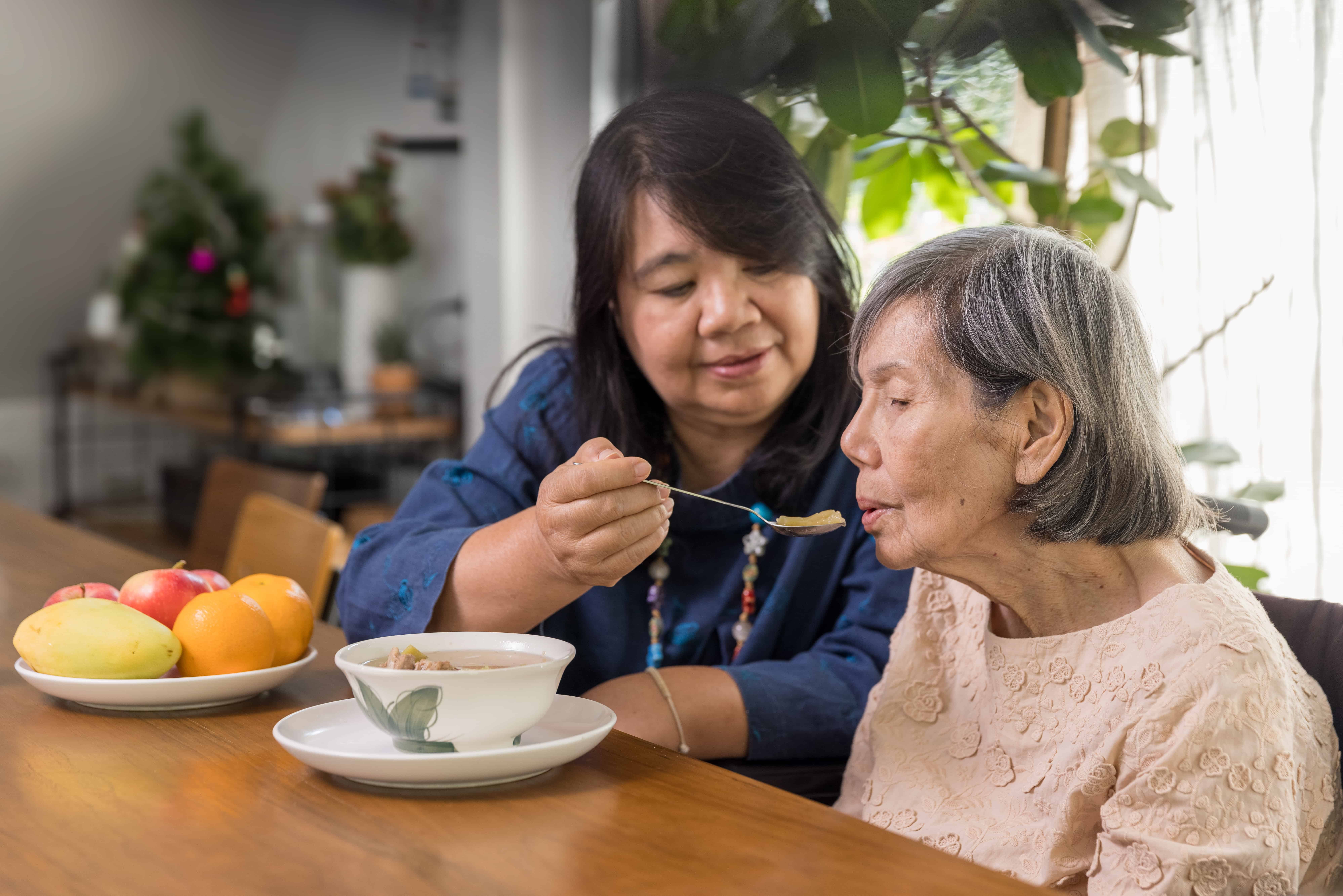Supporting Hospice Caregivers: A Win for Patients, Families, and Communities

When we think of hospice care, our minds often go to the patients themselves – their physical needs, emotional well-being, and peaceful transition. But another crucial group whose journey deserves our attention is the caregivers. These dedicated family members and loved ones stand alongside their terminally ill patients, offering unwavering support through some of life’s most challenging moments. Yet, their own well-being often gets overlooked.
The Unsung Heroes of Hospice Care
Family Caregivers of loved ones in hospice face immense physical, emotional, and financial burdens. They manage daily care tasks, navigate complex medical decisions, and grapple with anticipatory grief, all while often neglecting their own needs. This emotional and logistical strain can be overwhelming, leading to burnout, depression, and even health problems.
Why Supporting Caregiving Programs Matters
Programs dedicated to supporting hospice caregivers are vital for several reasons:
- Improved Well-being for Caregivers: Often, programs that offer essential resources like counseling, support groups, respite care, and educational workshops are not supported by insurance but by support from the community. Continuing these programs is essential because they empower caregivers to cope with their emotions, navigate challenges, and better care for themselves, ultimately preventing burnout and ensuring they can continue their critical role.
- Enhanced Patient Care: When caregivers are supported, they’re better equipped to provide compassionate and patient-centered care to their loved ones. This translates to a more positive and peaceful experience for both the patient and the caregiver.
- Reduced Burden on Families and Health Care Systems: By supporting resources for caregivers, we help prevent caregivers from reaching crisis points that potentially require additional medical or social services. This benefits families by reducing stress, strengthening their support network, and saving valuable resources for the health care system.
Turning Compassion into Action
The good news is there are many ways to help:
- Donate to local hospice organizations: Many rely on donations to fund caregiver support programs. Even small contributions can make a significant impact.
- Volunteer your time: If you know someone who is a caregiver, offer respite care, provide companionship, or assist with administrative tasks.
- Raise awareness: Talk to your friends and family about the importance of supporting caregivers. Share stories and resources to foster empathy and understanding.
- Advocate for policy changes: Support legislation that expands access to caregiver resources and financial assistance.
Remember: Supporting caregivers is not just about end-of-life care; it’s about honoring the human journey at its most vulnerable. Investing in their well-being creates a ripple effect of compassion, ensuring dignity and support for everyone involved in this sensitive and critical stage of life.
Support helps ensure that the journey through hospice is one of comfort, not just for the patients but also for the selfless heroes who stand by their side.
MJHS supports caregivers through our STAR Fund. If you are interested in supporting our programs, you can make a direct donation or get in touch with our Foundation.
Additional Resources:
